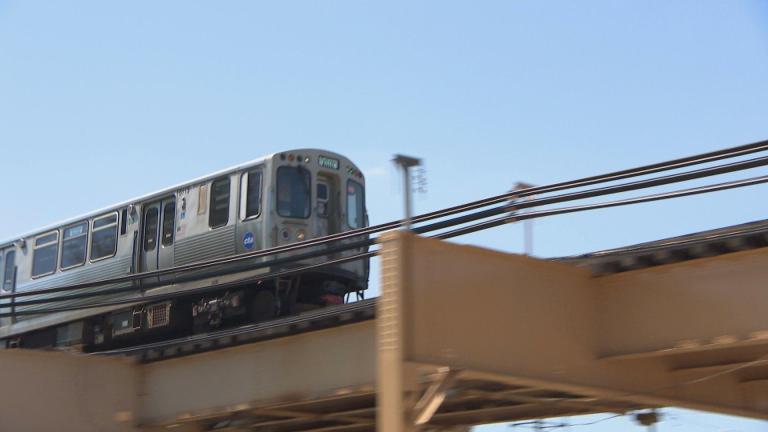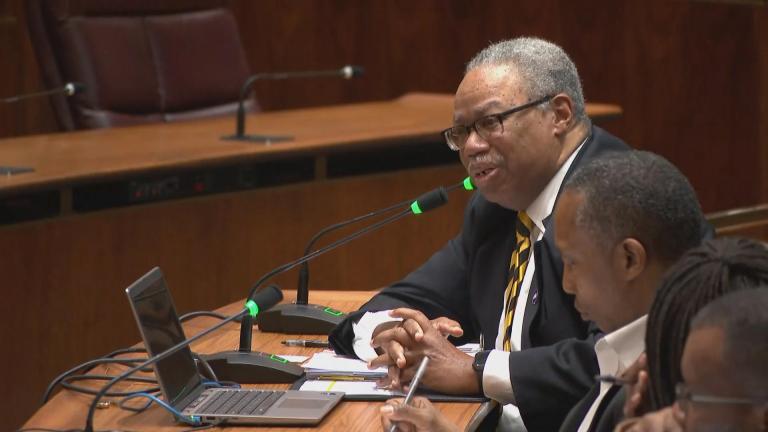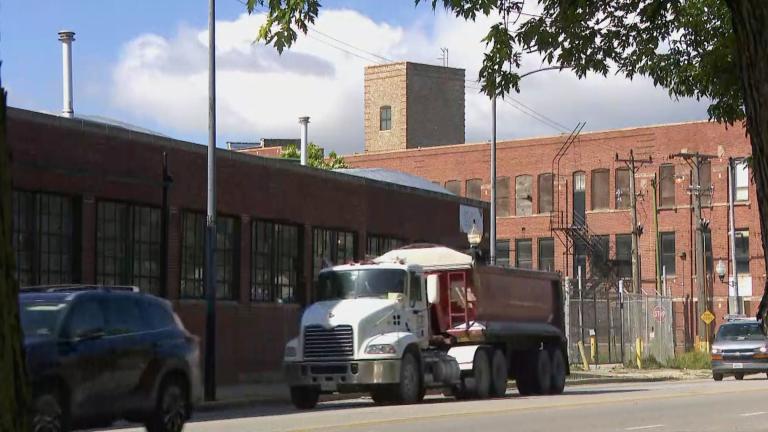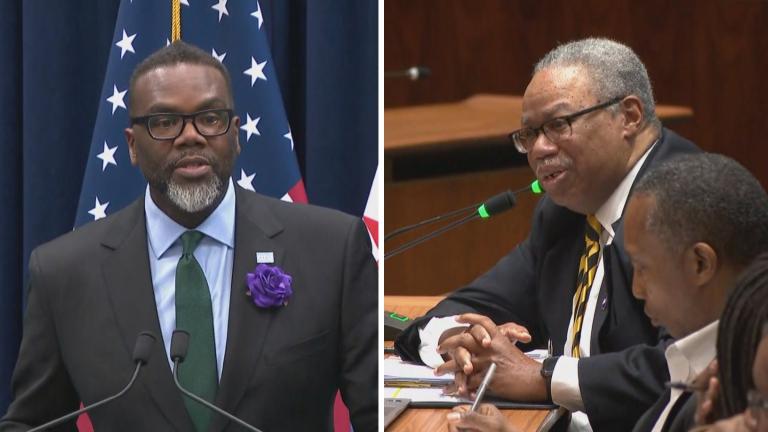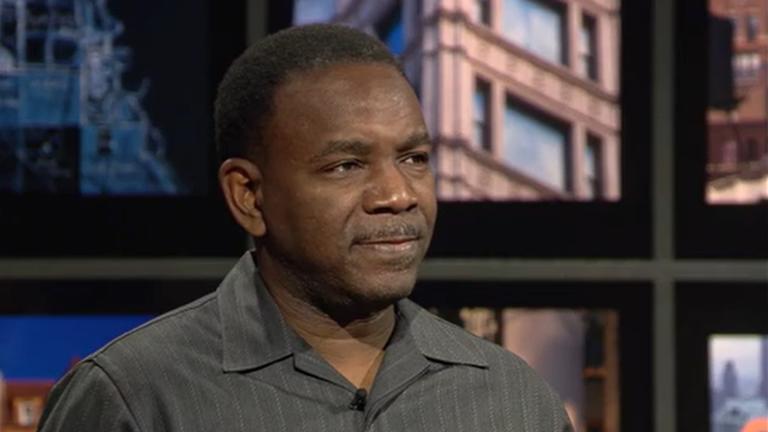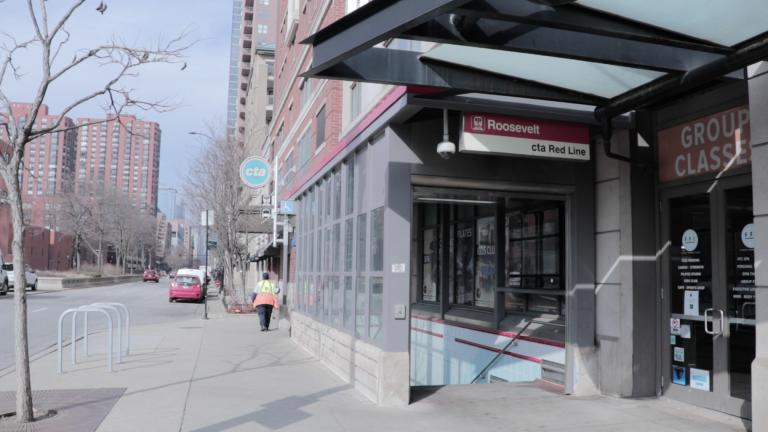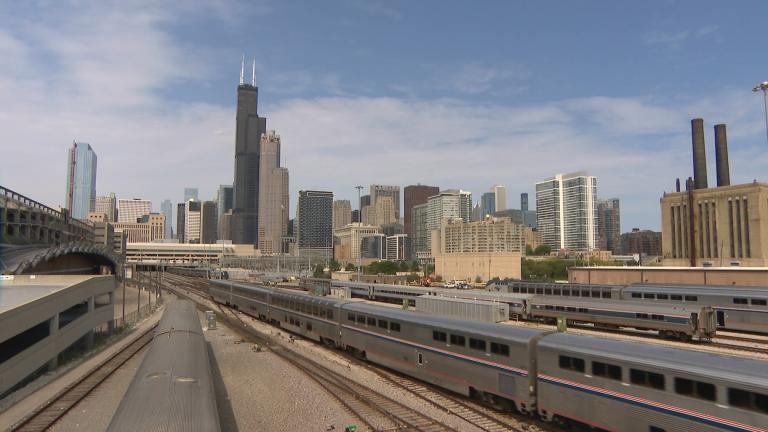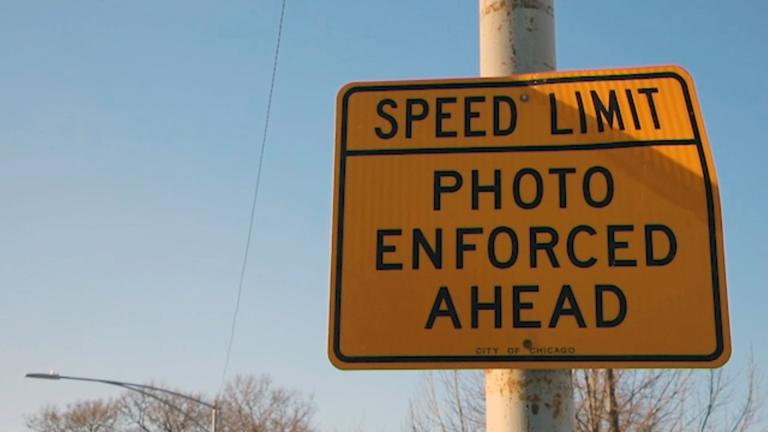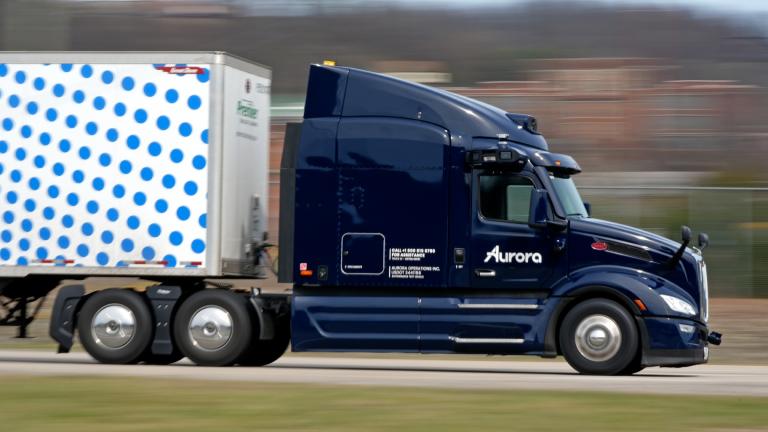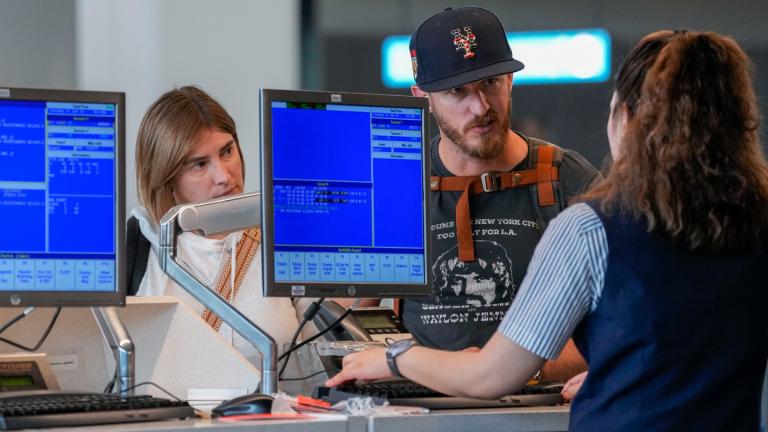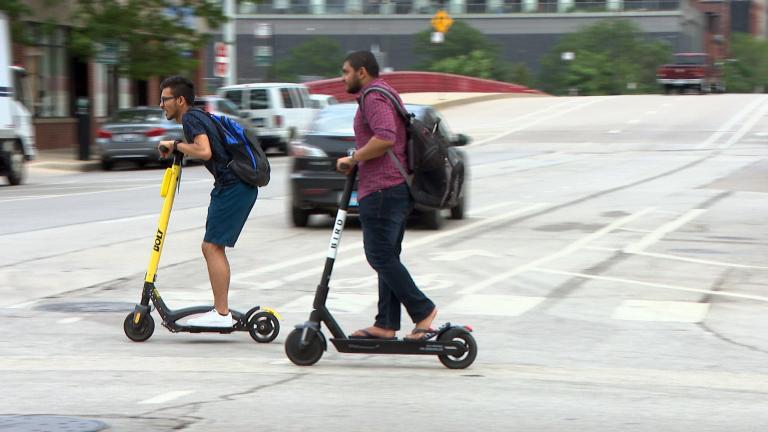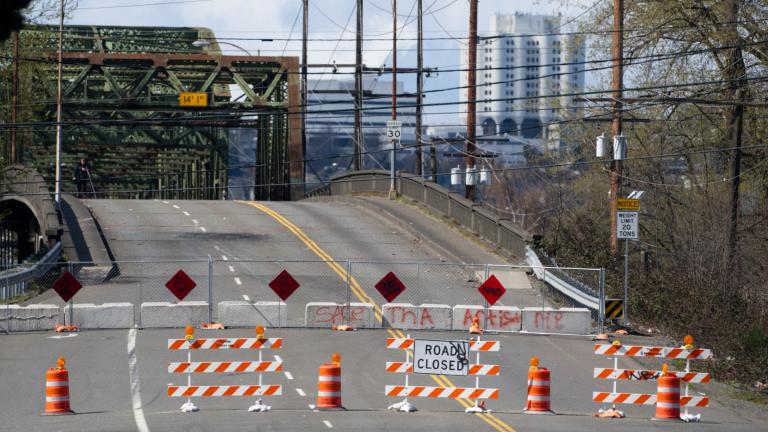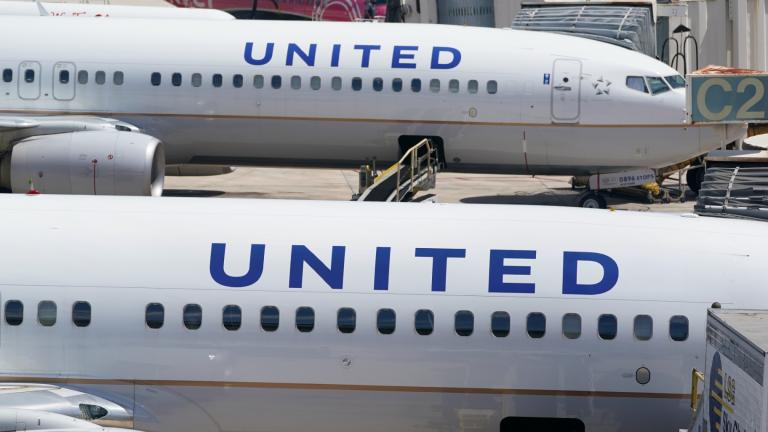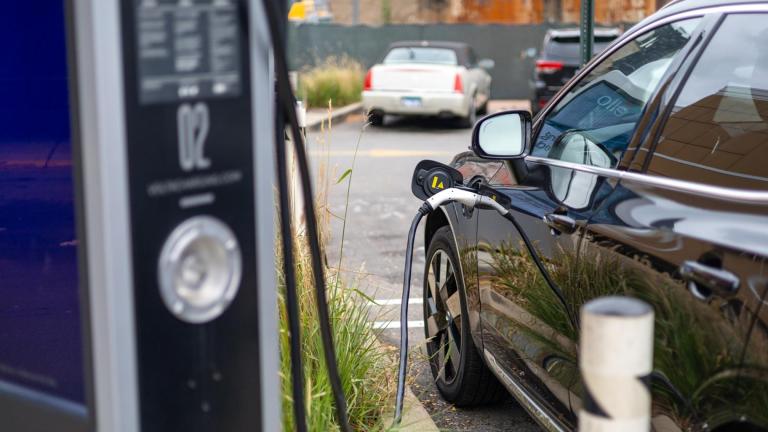The Chicago Transit Authority board of directors approved a combined daily pass allowing seamless trips across CTA, Metra and Pace. The proposal calls for daily passes ranging from $10-16 depending on how far passengers are traveling.
Transportation
Chicago Transit Authority President Dorval Carter took the fight to foes of his leadership – including the 29 alderpeople who signed on to a resolution calling for him to be replaced – at a lengthy City Council hearing on Thursday.
Developers are pumping the brakes on plans for a controversial logistics and distribution hub in North Lawndale. The project would tear down two buildings preservationists said are historically significant to make way for the nearly 250,000-square-foot facility.
Allies of the mayor used a parliamentary maneuver Wednesday to prevent a vote on the nomination of the Rev. Ira Acree to serve on the board of the Regional Transportation Authority, an acknowledgment they did not have the votes to confirm the politically connected pastor.
Riders can book their space on the shuttles, which will hold between 14 and 55 seats, up to a week in advance and will receive a QR code ticket to board. Uber plans to partner with local shuttle companies with commercially licensed drivers to facilitate the offering, but users will be able to rate and tip drivers within the Uber app like with any other ride.
The Rev. Ira Acree, the politically connected pastor of the Greater St. John Baptist Church on the West Side, faced unusually pointed questions from alderpeople, who are under increasing pressure to make significant changes to the CTA, which has yet to rebound from the COVID-19 pandemic.
CTA President Dorval Carter said the agency will use the report as “a major foundational point for our overall advocacy of the transit system,” an effort to get Springfield lawmakers to address the fiscal cliff facing transit when billions in federal COVID-19 relief funding runs dry.
Starting May 21, Amtrak is adding a second daily passenger rail service dubbed Borealis, which connects Chicago and St. Paul through Milwaukee. The new rail service serves 13 train stations for an estimated travel time of 7 hours and 24 minutes between Chicago and St. Paul, according to Amtrak’s website.
After decades of decline, traffic fatalities have been climbing nationwide since 2014. Advocates said reducing speed limits is a relatively easy and high-impact intervention that will protect drivers, passengers, pedestrians and cyclists alike.
The image of a fully loaded, 80,000-pound driverless truck weaving around cars on a super-highway at 65 mph or more may strike a note of terror. A poll conducted in January by AAA found that a decisive majority of American drivers — 66% — said they would fear riding in an autonomous vehicle.
Under U.S. law, the federal government alone regulates consumer-protection laws covering airlines. The carriers are not legally required to respond to state investigations. Consumer advocates have pushed to expand enforcement power to the states.
Two firms are set to get licenses to keep their 3,000 scooters speeding through Chicago until June 2026. And for the first time since shared e-scooters hit Chicago streets five years ago, city rules will allow the motorized two-wheelers to be ridden between midnight and 5 a.m.
The $3.6 billion Red Line Extension project will carry the Red Line 5.6 miles south from its current terminus at 95th Street down to 130th Street. Nearly $2 billion in funding is slated to come from the federal government.
The Baltimore Collapse Focused Attention on Vital Bridges. Thousands Are in Poor Shape Across the US
Iowa has the most poor bridges, followed by Pennsylvania, Illinois and Missouri, according to an Associated Press analysis.
Among the most recent issues, a chunk of outer aluminum skin was discovered to have fallen off the belly of a United Boeing 737 after it landed in Oregon. Earlier this month, a United jet suffered an engine fire during takeoff from Houston, and a tire fell off another United jet as it left San Francisco.
The new standards will avoid more than 7 billion tons of planet-warming carbon emissions over the next three decades and provide nearly $100 billion in annual net benefits, the EPA said.

